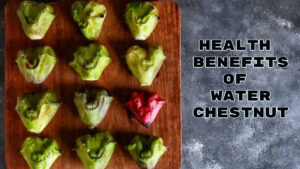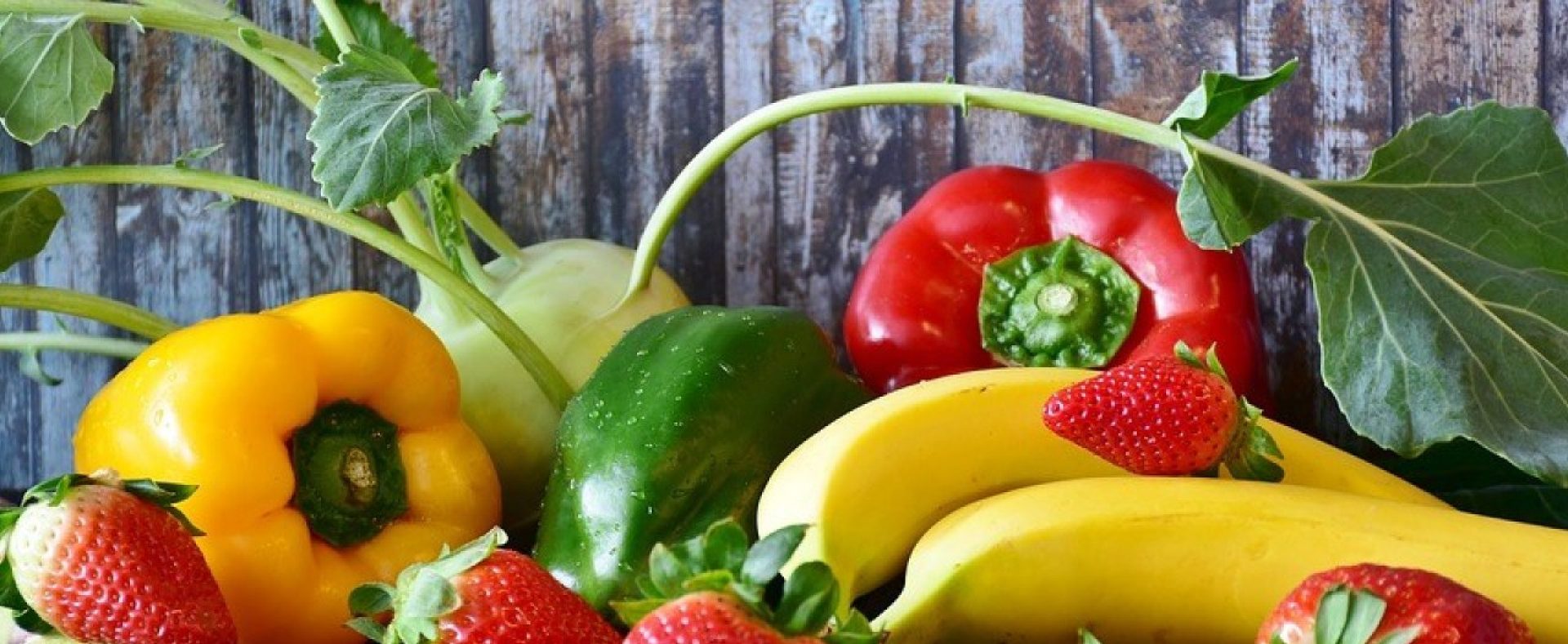 The corns of the plant Eleocharis dulcis -are water chestnuts. They have a crispy white flesh and can be eaten raw, lightly boiled, grilled, pickled and now are even canned. The plant comes from China, and they are grown in flooded paddy fields. They are grown widely in India and are presently in season.
The corns of the plant Eleocharis dulcis -are water chestnuts. They have a crispy white flesh and can be eaten raw, lightly boiled, grilled, pickled and now are even canned. The plant comes from China, and they are grown in flooded paddy fields. They are grown widely in India and are presently in season.
Nutritional Content of Water Chestnuts: Water Chestnuts are an excellent source of Vitamin B6, Riboflavin, potassium,fibre, manganese and copper. Most of their calories come from their good carbohydrate content.
A half cup serving of sliced water chestnuts contains forty five calories, one gram protein, no fat, ten grams of carbohydrates, three grams of fibre and two grams of sugar. Water chestnuts contain several antioxidants that may reduce your risk of many chronic diseases and conditions.
Improved blood pressure: The potassium in water chestnuts may reduce your risk of stroke and high blood pressure which are both linked to heart disease. Studies have found that people who consume large portions of potassium have a lower risk of heart disease.
Antioxidants: Water chestnuts are a great source of the antioxidants ferulic acid, gallocatechin gallate, epicatechin gallate, and catechin gallate. These antioxidants can help the body combat oxidative stress, which is linked to many chronic diseases
Weight loss: Water Chestnuts are made of 74 percent water, which makes them a high volume food. Following a diet abundant in high volume foods may help you lose weight, as they can keep you fuller for longer with fewer calories.
Cancer: The flesh of the water chestnut, being high in ferulic acid, a powerful antioxidant, has been linked to a reduced risk of oxidative stress and cancer.
Fibre: Water chestnuts are high in fibre, and thus, it keeps you full, aids in digestion, and can help regulate cholesterol and blood sugar levels.
Inflammation: Water chestnuts contain other antioxidants including fisetin, diosmetin, luteolin, and tectorigenin which can help repair damaged cells and reduce inflammation. Thus they help in protecting the body from numerous chronic diseases. These antioxidants are often found in the peel of the water chestnut.
Allergies: Since water chestnut is not a nut, it is safe for people with tree-nut allergies — walnuts, almonds etc.
Low in FodMaps: People with Irritable Bowel Syndrome and Crohn’s disease can sometimes reduce the symptoms of these conditions by eating foods low in FODMAPS ( Fermentable oligo- di – Mono saccharides and polyols, a type of carbohydrate ). Water Chestnuts are compliant with a low FodMap diet.
Side effects of water chestnuts:
- Stomach ache, nausea, and or vomiting can occur in excessive consumption. It can also cause bloating in some cases.
- In overconsumption, due to vast amounts of potassium content, blood pressure can reduce significantly.
- Water chestnuts are incredibly versatile and easy to add to your diet. Try then fresh or cooked into stirfries, salads and omelettes. Eat them raw.
- Dried and ground water chestnuts are used during Navratri as a flour alternative to wheat for rotis. They make delicious rotis and chillas- pancakes- as they are high in starch. A much healthier alternative with our Indian meals
So so enjoy them both for taste and health.
All the best and happy healing from Naturally Dimpi!

